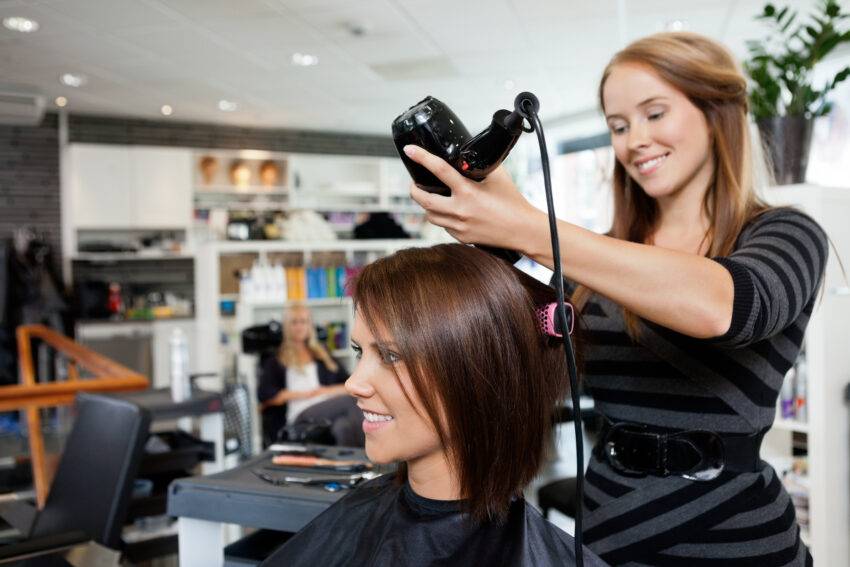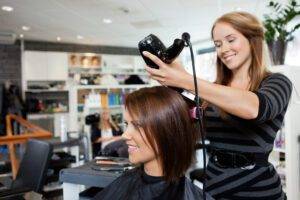Hairdressing Industry Braces for Minimum Wage Increase Impact
The hairdressing and beauty sector is preparing for potential upheaval, with warnings of salon closures and job losses reverberating throughout Britain. Read more: Hairdressing Industry Braces for Minimum Wage Increase Impact


The hairdressing and beauty sector is preparing for potential upheaval, with warnings of salon closures and job losses reverberating throughout Britain.
Toby Dicker, co-founder of the Salon Employers Association, representing over 1,400 businesses nationwide, emphasized the industry’s inability to absorb escalating labor costs and taxes. Dicker stated, “We are on the brink of collapse, and the forthcoming labor cost hikes in April could be the final blow.”
Following a decision by Jeremy Hunt to raise the national living wage to £11.44 an hour, approximately three million low-paid workers are set to receive nearly a 10% pay rise this spring. This move has prompted concerns from various sectors, including the hairdressing and beauty industry, which is already grappling with the impacts of the pandemic and shifting consumer spending habits amidst soaring living costs.
The National Hair and Beauty Federation’s May report highlighted the fragility of the sector’s recovery, with a significant number of businesses experiencing losses and decreased apprenticeship intake. Notably, the industry workforce has dwindled from 122,000 in 2018 to 88,000 by 2022, indicative of mounting challenges.
In response to the impending wage increase, the Salon Employers Association has been advocating for government intervention, particularly in reducing VAT to 10% for the hair and beauty sector. This plea comes as part of broader efforts to alleviate financial strain on businesses burdened by escalating costs.
Dicker, alongside industry stalwart Errol Douglas, recently engaged in discussions with Conservative MP Nickie Aiken to address the sector’s concerns. An early day motion urging VAT reduction for hair and beauty salons was tabled in parliament on February 7, underscoring the urgency of the issue.
Expressing the gravity of the situation, Dicker emphasized, “Without government intervention, we face a wave of closures that will devastate local economies, impact young professionals entering the field, and leave countless individuals unemployed.”
In response, a Treasury spokesperson highlighted ongoing measures to support hairdressers, including a 75% reduction in business rates bills, worth £2.4 billion, and energy bill protections amid geopolitical tensions.
As the industry braces for the impending wage increase, stakeholders remain hopeful for proactive governmental action to safeguard the future of hairdressing and beauty businesses across the UK.
Read more:
Hairdressing Industry Braces for Minimum Wage Increase Impact






















